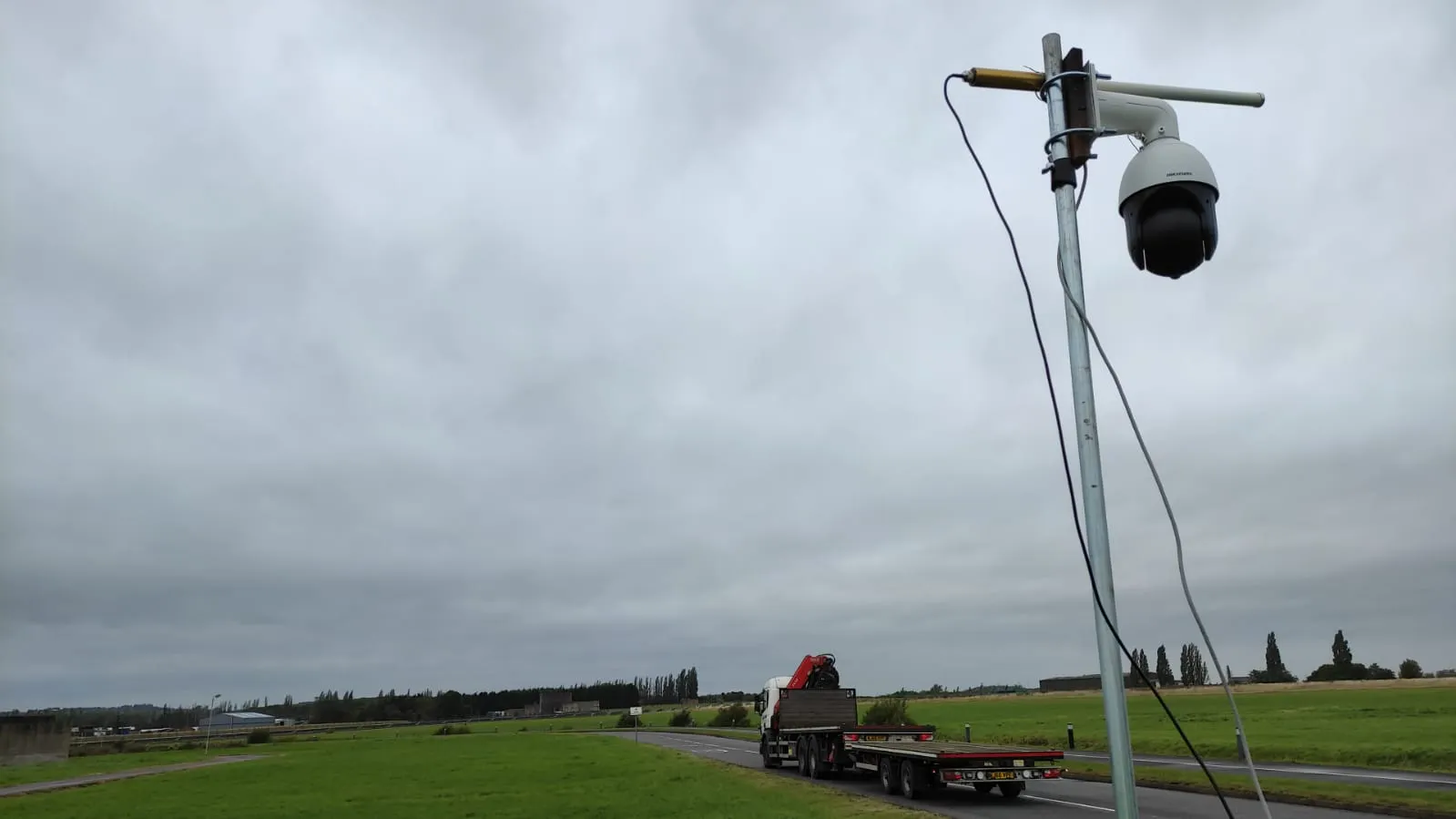
TRL (Transport Research Laboratory) has developed a roadmap to enable the remote operation of connected and autonomous vehicles (C/AVs) by 2035.
The document contains a high-level roadmap that seeks to provide a pathway to enable the removal of the safety driver and test assistant roles from an AV for remotely operated on-highway operation in the UK.
This section of the report brings together 11 thematic streams organised around three broader themes: 'Industry, Users and Society'; 'Vehicle and Technology' and 'Infrastructure' to be delivered through UK Government and industry-wide collaboration.
The streams within 'Industry, Users and Society' are Legislation and Insurance (address driver responsibility for road worthiness), Licensing and Use (review existing licensing requirements) and Training and Skills Development (establish requirements for safe and comprehensive training).
Within 'Vehicle and Technology', the thematic streams range from Cybersecurity (establish cybersecurity requirements), Data (define data governance and ownership) and Network and Connectivity (establish latency latency requirements).
For 'Infrastructure', the sub-streams cover Data (Define methods of using data from connected infrastructure to aid remote operation) and Communications (Identify infrastructure requirements to support remote operation).
Camilla Fowler, head of automated transport at TRL, explains: “Our roadmap has been developed based on an extensive literature review, industry stakeholder consultation, expert opinion from TRL, and with reference to other C/AV roadmaps such as Zenzic’s in 2020 and TRL’s in the same year. Our aim was to firstly identify the gaps and challenges in the development and adoption of remote operation for C/AVs, and then provide a set of recommendations that could address these gaps."
“It is vital that we continue the significant progression the industry has made in moving C/AVs forward towards level four and full automation,” Fowler continues.
“As part of the UK’s future new mobility requirements, C/AVs will be an integral part of the mix. Therefore, we need to do all we can to enable their full potential. This roadmap provides the areas that require work in order to achieve the desired endgame.”








